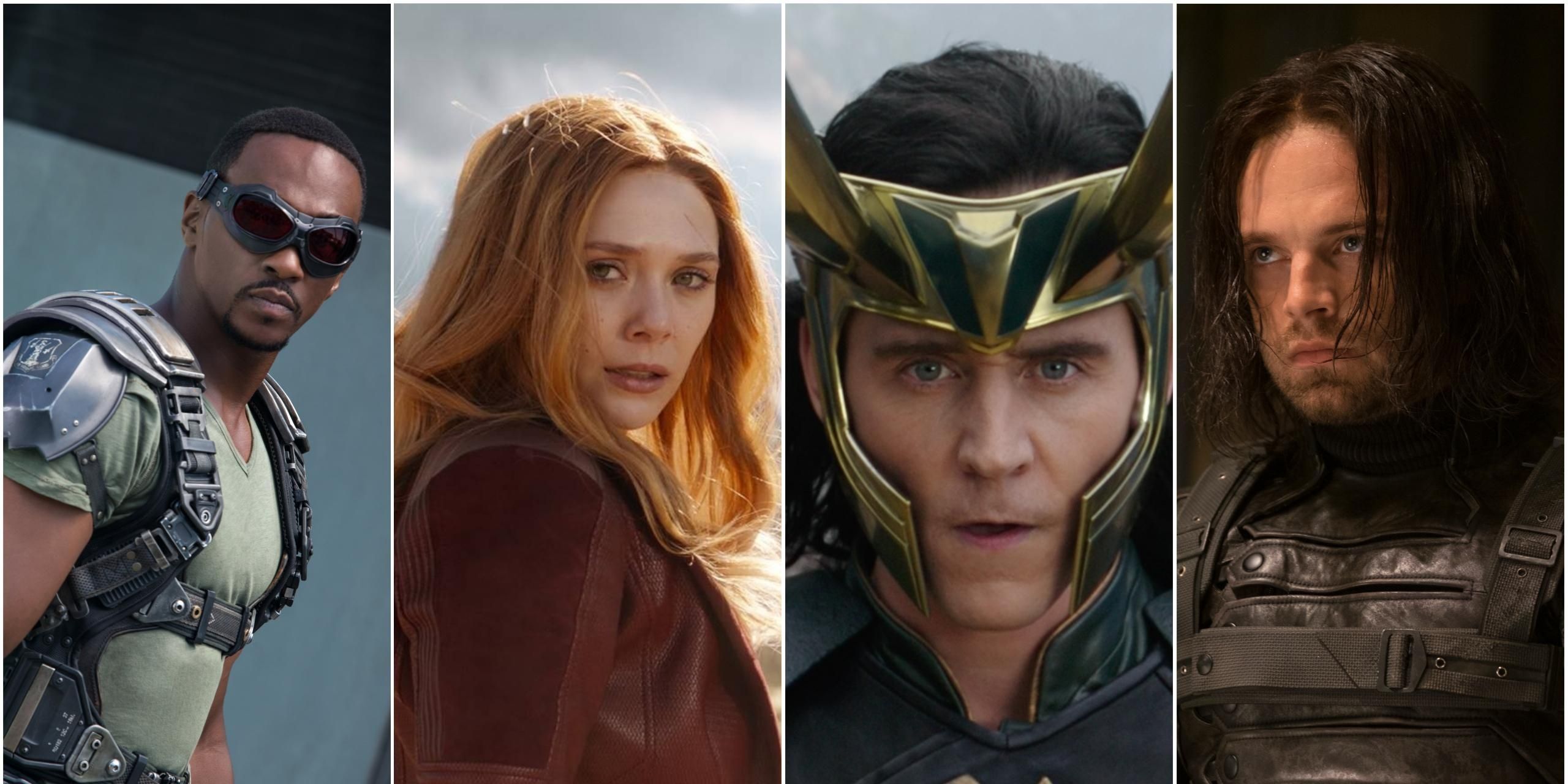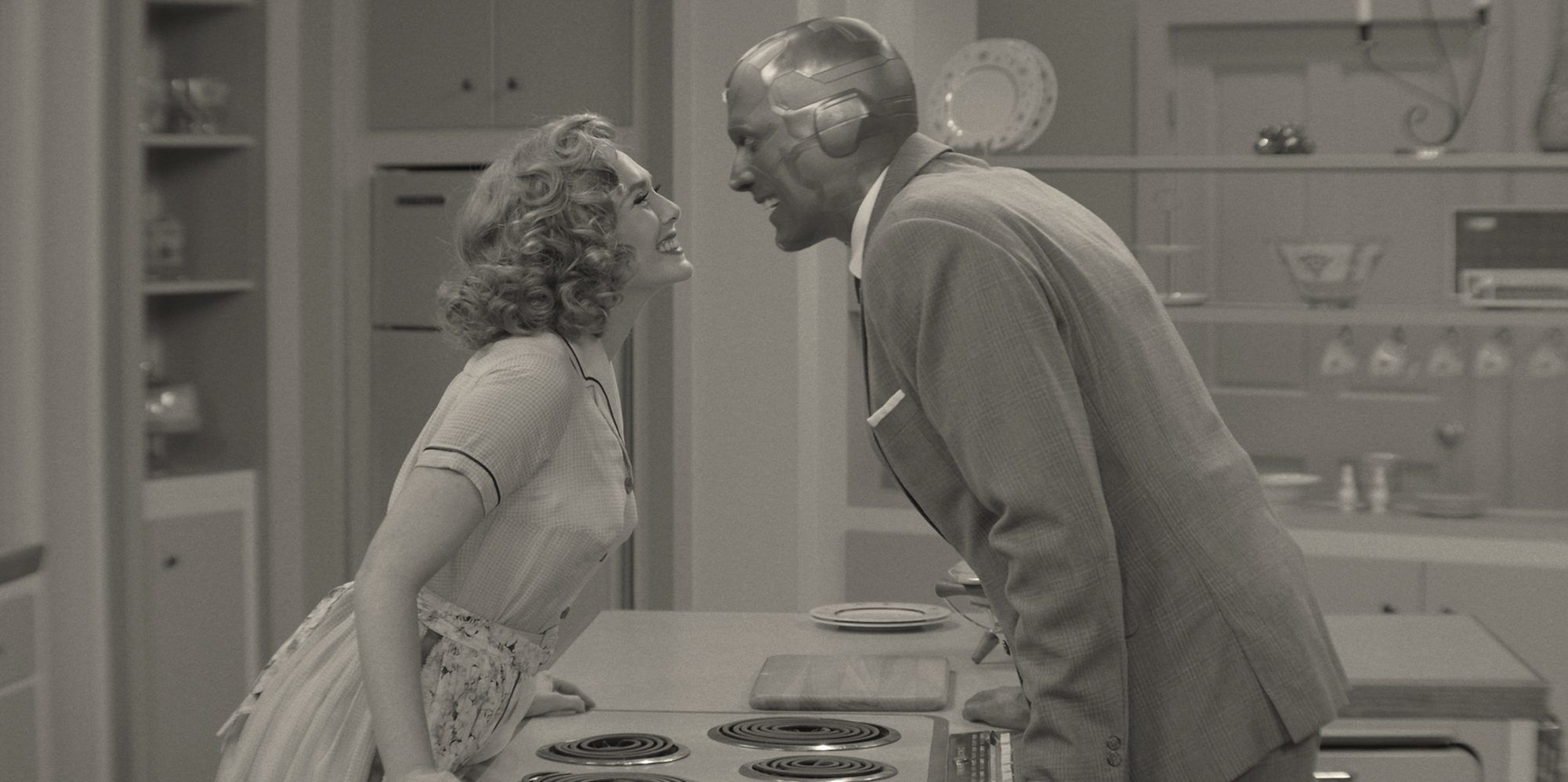Kevin Feige believes that Marvel's upcoming Disney+ content will help fight superhero fatigue in audiences. The President of Marvel Studios and architect of the Marvel Cinematic Universe, Feige has been a key figure in the genre's rise to a new level of mainstream success, starting with his being an associate producer on 2000's X-Men.
Since then, superhero movies (Marvel's in particular) have increasingly dominated the box office, and each new big-budget release becomes a global event with shocking reliability. The industry at large has jumped on this bandwagon, with every studio searching for some intellectual property they can turn into a multi-film arc, and powered crime-fighters have become a virtually unavoidable part of film culture. While the oft-predicted "superhero fatigue" has yet to actually happen, Disney's decision to double-down on new Marvel content for Disney+ sees the genre at a crucial turning point. With the Infinity War storyline completed and the MCU asking more of its viewers than a few trips to the theater per year, will Phase 4 finally be when most people lose interest?
Feige certainly doesn't think so. When asked in an exclusive interview with Screen Rant about how Disney+ shows like WandaVision change the way Marvel creatives plan their storytelling, he singles out that change as the key to the MCU's continued success:
It allows us to flex new muscles, different muscles, in a way that was perfect. I've been at Marvel for over 20 years, and it's evolved and changed drastically - as you know better than anyone - over those 20 years. It has always been for the better, and it has always been to tell new stories.
When people would ask about superhero fatigue in 2005, my answer was always, "As long as we keep making them unique." I don't want to just keep making superhero movies, I want to make all types of movies; I want to make all types of stories and shows. And that's what the MCU allows us to do. It happens to all be characters from the Marvel Universe, but people who've actually read the comics know, there's such a great diversity of storytelling and tone and genre in comics. We've been doing that as well, and that's what has kept it so remarkably exciting.
Standing on a sitcom set designed to look like the late 50s and early 60s, with a studio audience and with actual old cameras and lighting equipment from the era, was surreal to me and such a fun thing. Just like seeing all the X-Men in costume for the first time on the first Marvel film that I worked on it. All these different experiences happen to be able to fall under the umbrella of this cinematic universe.
As a way of staving off superhero fatigue, Feige's comments make a lot of sense; not every story with superheroes needs to be told in the same way, or even be about superheroes at all. While the genre's scale and fantasy elements make them ideal for action-adventure films, a superpowered character can be dropped into just about any genre, and incorporating different forms of storytelling could give the MCU new life. WandaVision is confirmed to be a spin on classic TV sitcoms, but could She-Hulk be a legal procedural? Is Loki an Ocean's 11-esque heist narrative? Or Secret Invasion a Nick Fury-led spy thriller? Seen in this light, the possibilities for Marvel's new Disney+ series seem endless.
Some might find themselves skeptical about Marvel's ability to live up to these claims, given that the MCU has had its fair share of criticism over its conformity. However, Phase 3 projects like Thor: Ragnarok and Black Panther proved that handing the big-budget keys over to talented indie filmmakers can introduce new tones and visual styles, and giving them more creative freedom in Phase 4 could reveal entirely new ways of approaching the genre. The values Feige expresses seem like a real way forward for superhero movies, but only time will tell whether Marvel Studios can actually make good on them.


